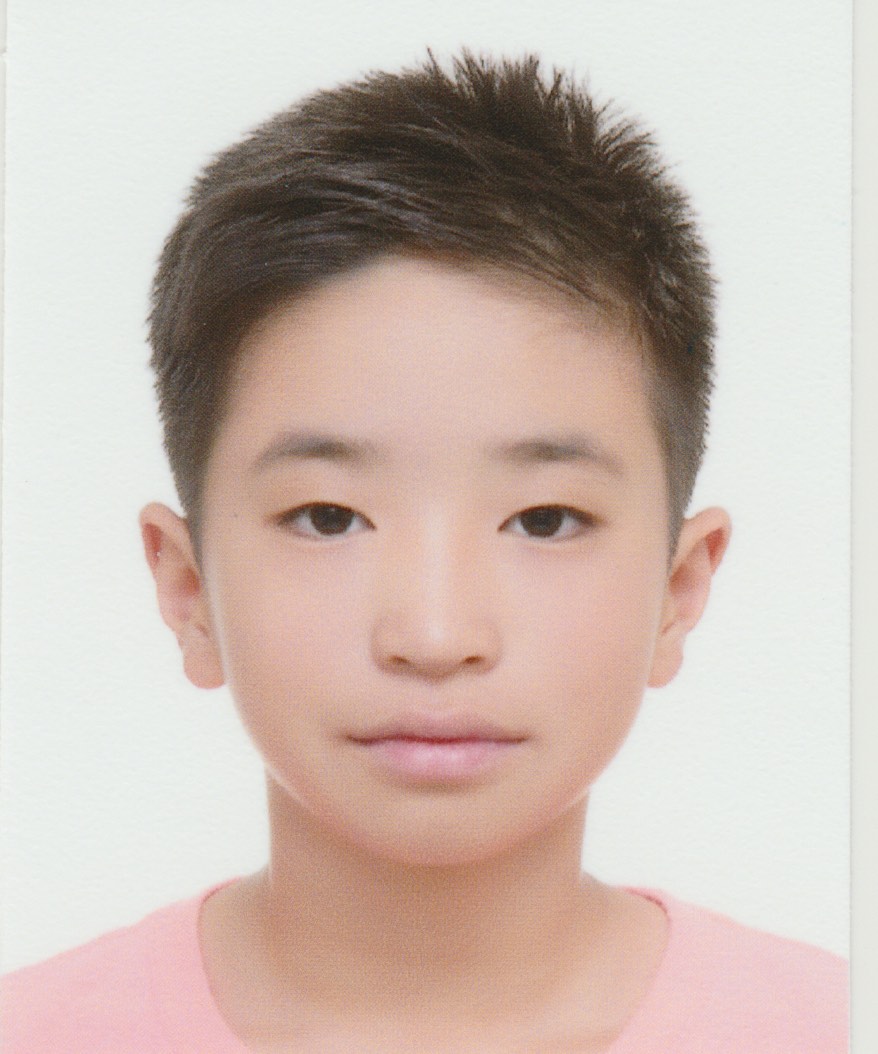The recent news headlines have been scattered with multiple topics of discussion on AI (Artificial Intelligence) and its wide application. Artificial Intelligence has been altering and mediating all forms of human interaction, ranging from businesses and companies in risk management to national security and the ethics of using AI in warfare.
However, the pinnacle of debates seems to center around America’s workforce and the replacement of labor-intensive work with robots. Statistics show that by 2030, more than 800 million jobs will be replaced. Numerous jobs of varying skill requirement are at risk of being replaced by machines.
Many technology companies such as Apple, Google, and Uber have already undergone development for self-driving cars and the progress is alarming. Several car corporations such as Mercedes-Benz, Tesla, and Waymo have already assimilated self-parking mechanics and self-driving car services as of right now. Sources show that transportation automation may risk 4 million jobs in the US alone.
White-collared jobs are no safe-haven either. Journalists, lawyers, even medical researchers and doctors are at risk of losing their jobs. Computer creativity is taking leaps forward in all forms of art, including literature. Much of a lawyer’s job consists of contracting and document-scanning which can be done more efficiently and effectively than humans can.
Many of today’s most brilliant minds have said that AI will be the downfall of humanity, however, we should not rush to such conclusions. In many cases, AI will not be replacing humans, but rather, will be aiding. There have been multiple examples of new machinery affecting an area of job security, yet in many cases, we’ve learned to adapt and make use of it.
In recent times, many people have shown disapproval to such artificial intelligence with violence and vandalism. There has been increased fear over job security with AI, but many seem to ignore an idea of a mixture of both the organic and inorganic in the workplace. Multiple studies conducted show that AI will improve the labor force rather than replace it, and jobs will be reaffirmed to fit with these machines.
With this rise of technology, comes its ethics. AI will learn based on what we feed it. By giving such machines the tedious tasks that we do not wish to do, there is more time for creativity, flexibility, and growth. For example, self-driving cars will replace drivers, but it will also open other jobs such as maintenance of these automobiles. In the same sense, AI will open new windows for the economy.
Joshua Nam, a student at Van Nuys High School, and one of many minds that will be living in an era of technological advancement is an avid computer programmer. He responded positively to machine learning. “Artificial Intelligence can sometimes come up with ideas that we can’t come up with ourselves. It depends on who’s controlling the AI. If there is a monopoly on AI, it’s not good, as one person can affect so many people. We’re constantly moving in the future, [and] people can find other jobs that are more beneficial.”
Not only limited to the auto industry, AI will also benefit warehouse employees, security, and medicine. Robots are more efficient in medical diagnosis and maybe in surgery as well. They will be more efficient than us. However, there will always be aspects of customer service and care that humans will be better at. When going to a hospital, people want to be comforted by people, and similarly, the human aspect of many jobs will never be replaced by a machine.
There are many unanswered questions about machines in a workspace such as a robot workers’ rights, changes in legal standards, laws written about safety, etc. At the end of the day, AI is an apparatus with wide application, but control lies in the hands of the user, us.
Doyoon Dean Kim, Grade 9
Cleveland High School

